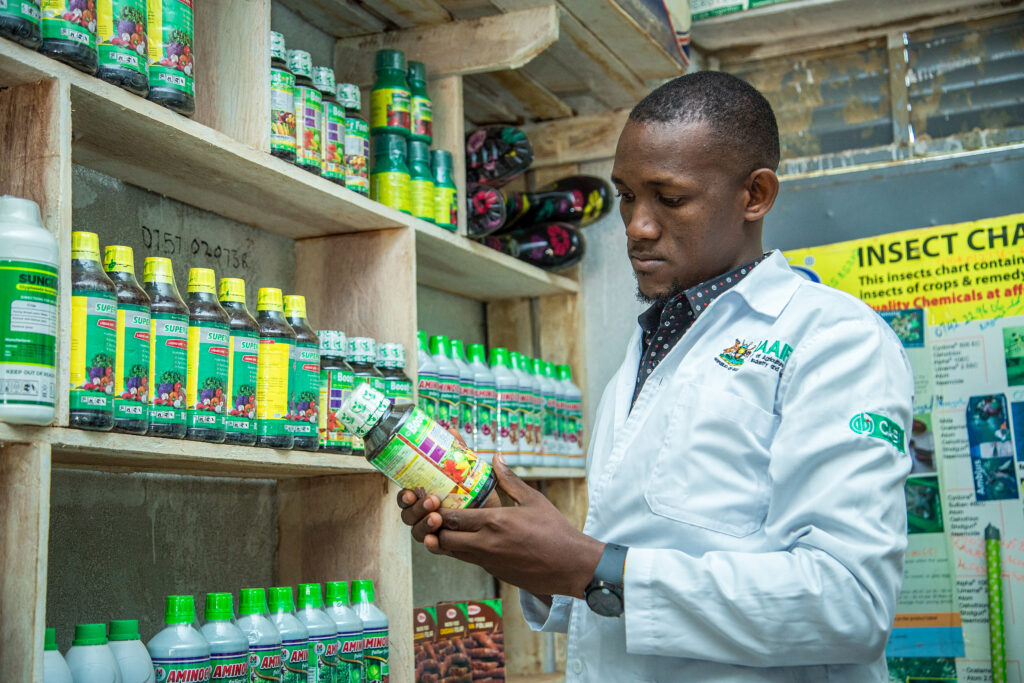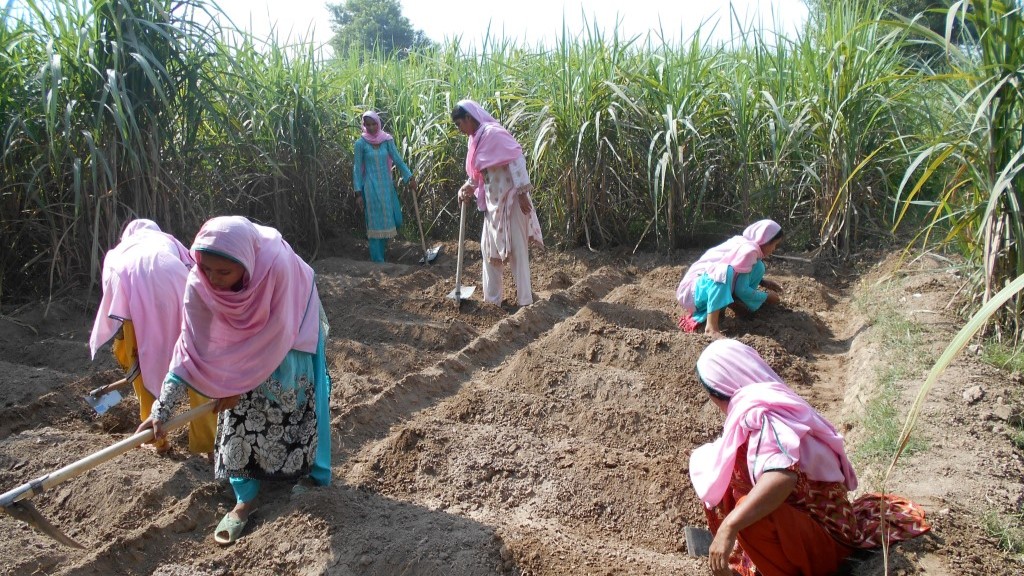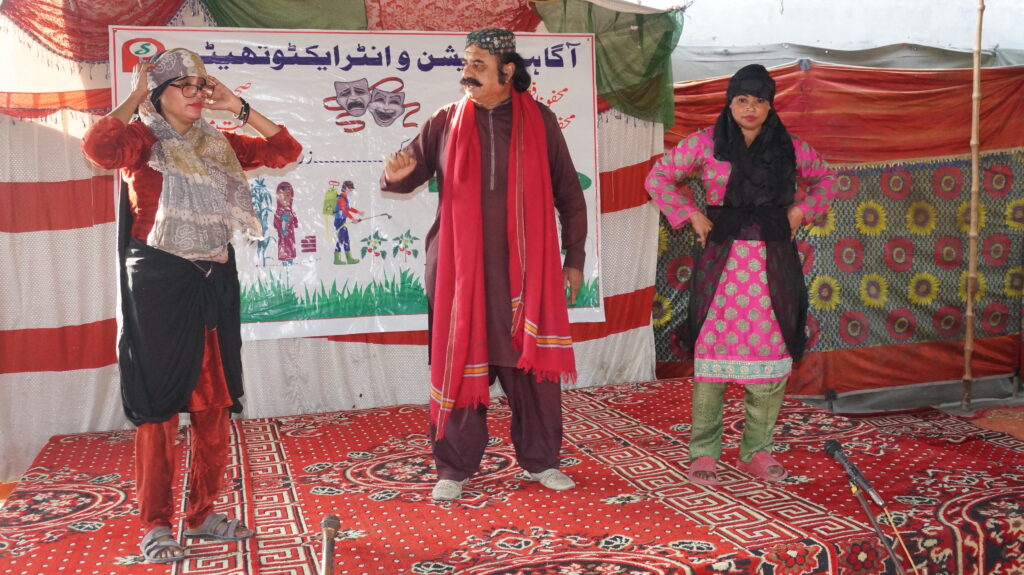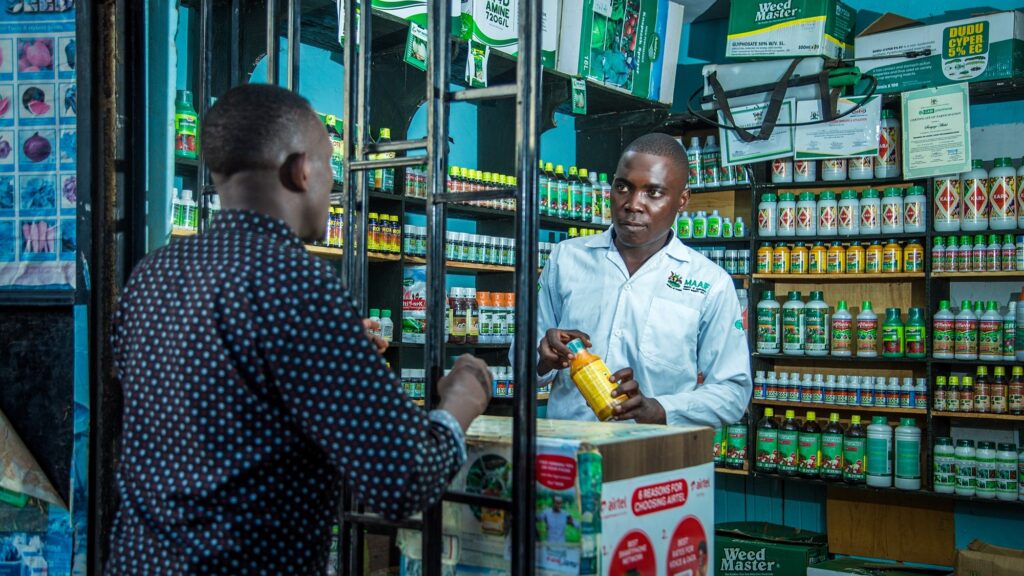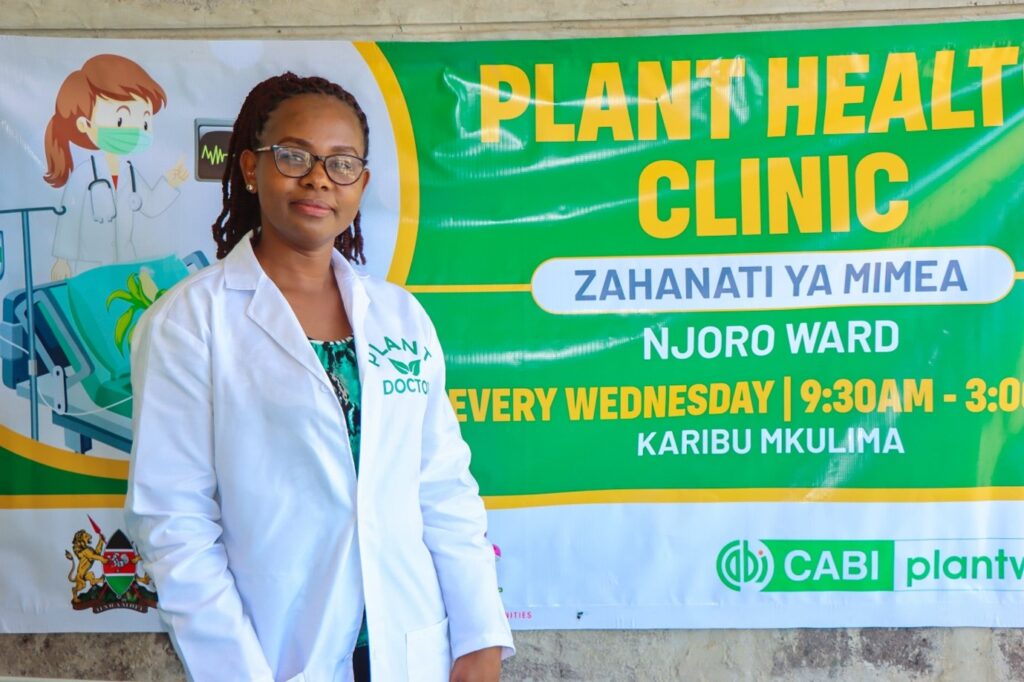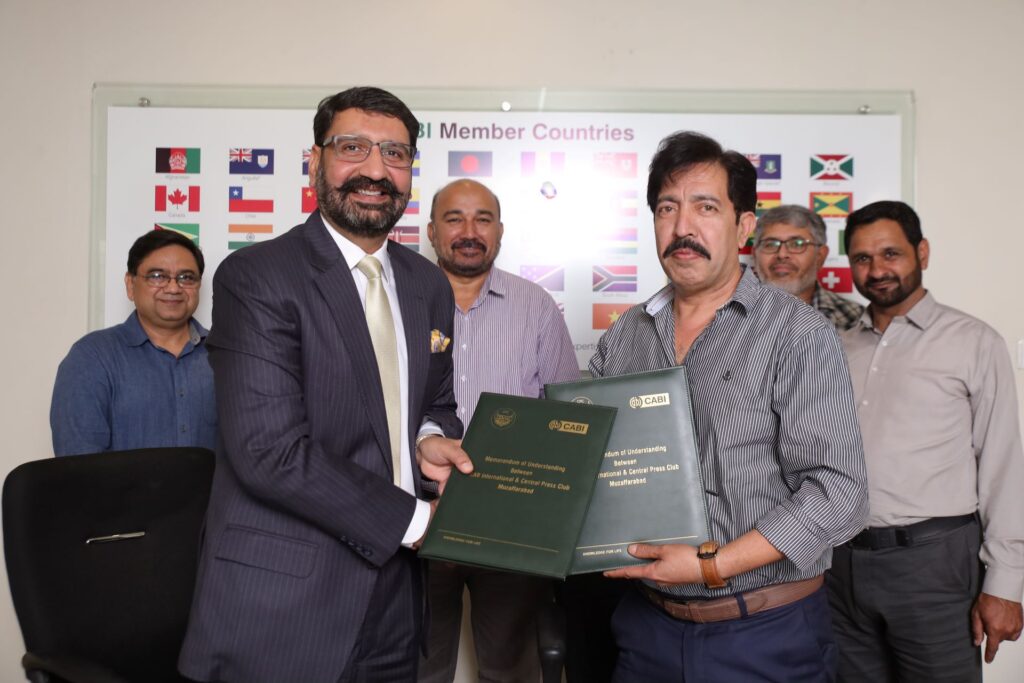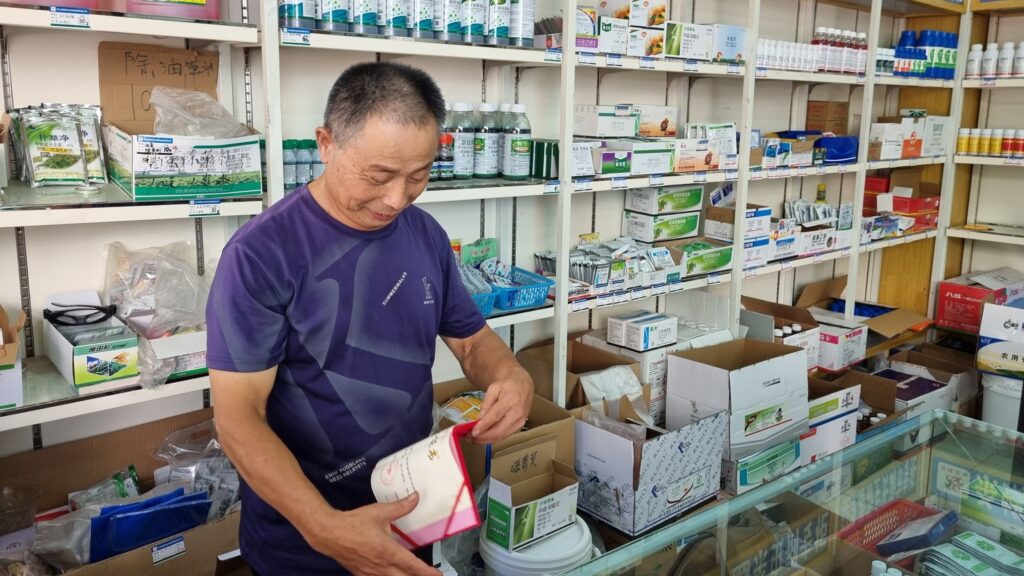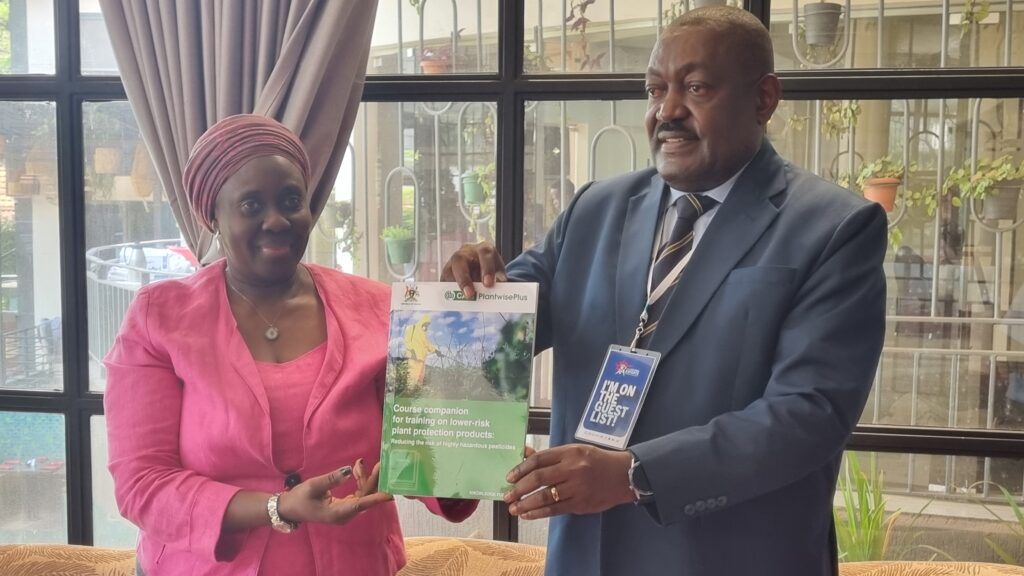“Use of any pesticide comes with some risk, but this risk can be reduced”
Pesticides are a widely used pest management option. However, if applied incorrectly, they can pose serious risks to human health, ecosystems, and food safety. From farm workers and consumers to pollinators and waterways, the impacts of unsafe pesticide use can be far-reaching.
Empowering women farmers in Pakistan with pest control knowledge
Women farmers in Pakistan play a central role in the country’s economy. However, many struggle to access essential information about sustainable farming approaches. Women make up nearly 66% of the agricultural workforce in Pakistan. Yet they receive very little agricultural extension advice. This lack of support creates serious challenges, particularly when it comes to managing…
How agro-dealer training in Uganda is reducing pesticide risks and making farming safer
Agro-dealers can play a critical role in sharing knowledge about pesticide safety and biopesticides. Misusing chemical pesticides harms farmers, consumers, animals and the environment. However, safe handling of pesticides and the use of nature-based alternatives help to reduce these risks. Nevertheless, many farmers lack access to relevant information. It has been estimated that less than…
Safer pesticide use: Voluntary standard for agro-dealers launched in China
On December 26, 2024, Sichuan Province launched a significant initiative: the “Establishment Specification for IPM Promotion Pesticide Stores.” Written in collaboration with local partners and PlantwisePlus, including CABI’s Dr Min Wan, this new voluntary standard aims to reform agro-shop operations in China. Starting January 1, 2025, it promotes safer pesticide use aligned with Integrated Pest…
Empowering agro-dealers: A toolkit for safer and sustainable farming in Uganda
PlantwisePlus has reached a milestone in relations with the government of Uganda. On 14 November, the programme handed over a training toolkit for a module on lower-risk plant protection products to the Ministry of Agriculture, Animal Industry and Fisheries (MAAIF). A team collaboratively developed the resource to help train Uganda’s agro-dealers. It forms part of…

